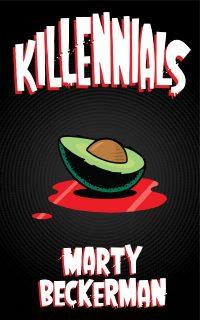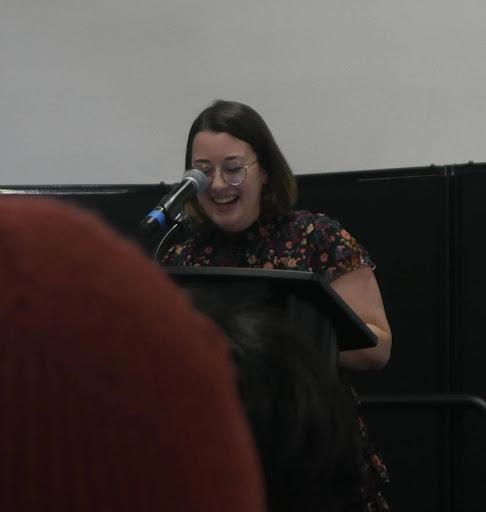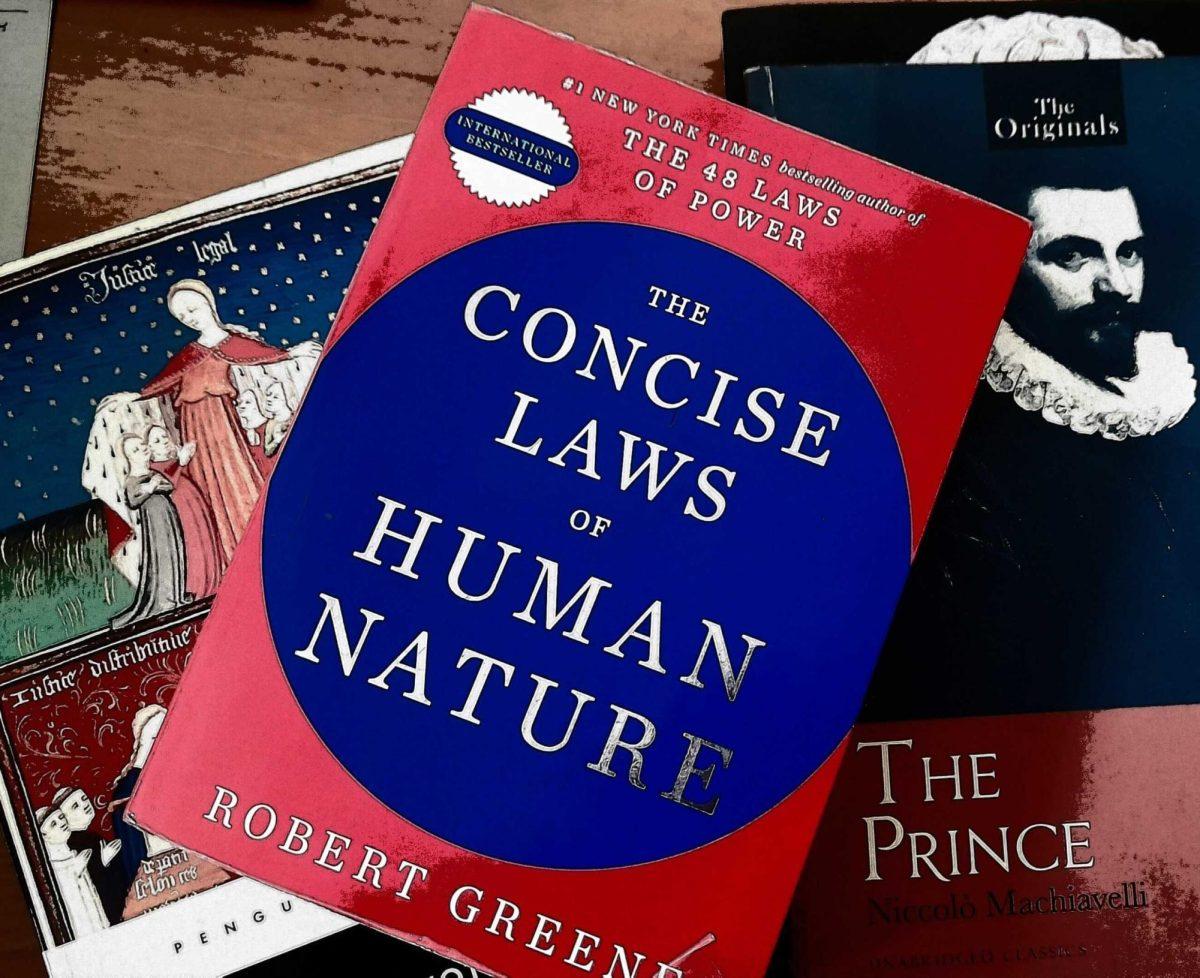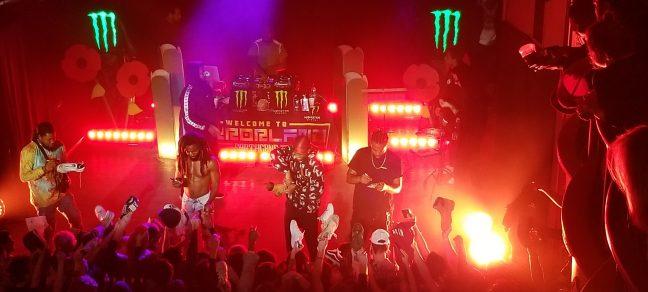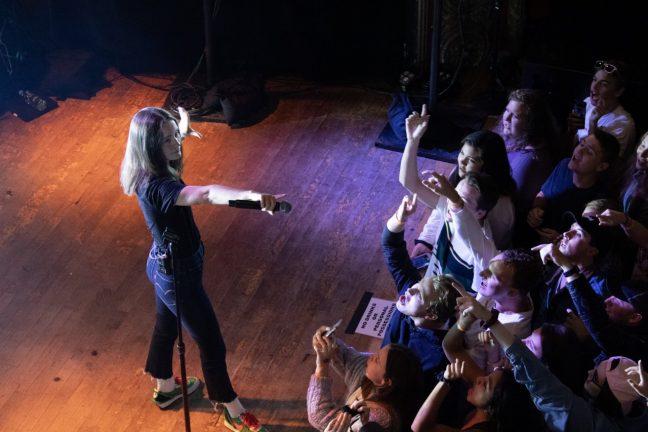Marty Beckerman’s latest work, “Killenials,” is as aggravating as it is insightful, weaving together some of the most common stereotypes of both baby boomers and millennials in a novel crossover.
Beckerman brings the nationwide issue of student debt to the forefront of national security in an action-filled story. The book raises many quality points, highlighting the country’s generational gaps and the hypocrisy of older generations in almost every case as they try to wrangle their own past into the present, making it applicable to a new generation.
This cycle is never-ending, rearing its head anytime a new generation begins to reach an age where their words carry meaning and they finally have the chance to change things they view immoral. By understanding the cycle always repeats itself, better dialogue may follow across the age gap and make everyone happier.
It’s getting worse: Author, biologist says ecological conditions fared better in 1960s
The book centers around the life of Olivia Oldman, an adjunct professor at Logan Frost University, where she went from student to professor and followed in the footsteps of her father, the school’s dean.
After Olivia’s introduction, she heads to a meeting under the impression she is finally going to receive her coveted tenure-track status, now able to start making money that will allow her to create her own life. Olivia had been living with her dad ever since she graduated because of the overwhelming amount of debt that has been strapped onto her like a military pack.
Nothing was standing in her way until the picture shatters and the dean announced there was no room in the budget to grant any professor tenure that school year. As with many people of Olivia’s generation, she drowned her sorrows in alcohol.
After being woken up naked next to another adjunct professor in the staff lounge by the dean and other faculty, the situation for Olivia only continues to get worse. A bomb planted by one of her students is detonated when the Dean kicks the box containing it, and it’s not long before a full-on hostage situation brings in the FBI and other federal government officials as they try and quell the rebellion that has sprung up. This task becomes infinitely more difficult when Olivia — acting as the de facto leader of her group of students — broadcasts a revolutionary speech to one of her student’s 18 million Instagram followers, leading millions across the country to stage their own protests.
After the book takes that blood-soaked and thrilling turn, readers are given plenty of opportunities to reflect within themselves about their own college experiences and their mounting student debt, and can see the incredibly complex relationship between baby-boomers and millennials.
One of the smaller symbolic moments in the book comes when the student who planted the bomb, Caleb, takes off his jacket to reveal a suicide bomb hidden underneath it. The symbolism contained here is that often the amount of student debt the average individual must take on can feel like a suicide vest of its own. The only way to get it off is to slowly feed their money into the machine until it is satisfied.
Campus Socialist organization discusses shortcomings of capitalism through book analysis
Much like emergency loan bad credit lines, student debt can ruin lives and hold graduates back as they try and kick-start their own lives. It is true that the costs of education have been ballooning at a frightening rate while the relevant value of those degrees earned has remained relatively stagnant. In a constantly-evolving workspace, degrees earned just 10 years ago can now be useless, and everything an individual has been working toward can be altered forever because of a technological advancement.
Throughout the course of the book, it is revealed that Caleb lost both of his parents at a young age and had a childhood most would be scarred from. This trauma helped to warp his perspective of the United States, the wars the country fights and where it chooses to pay attention when it comes to the casualties left in its wake. “Killenials” makes it clear the situation can occur to anyone, anywhere — highlighting the importance of understanding and establishing empathy to the belief that no one ever truly knows what someone else is going through until they have walked in their shoes.
Point Counterpoint: Halt the trend of default, why student loan regulations must change
“Killenials” both frustrates and enlightens readers. The beginning of the book can be very difficult to read and difficult to follow. But as the story progresses and the characters develop, an intelligent dialogue is introduced at a timely junction within society. Characters in the book come from all walks of life, and Beckerman brings a unique voice to each one, — their strengths and weaknesses telling their own stories throughout the piece.
“Killenials” is recommended for adults and college-aged individuals alike, as it touches on relevant subjects for both generations in a format neither overwhelming nor dense.


